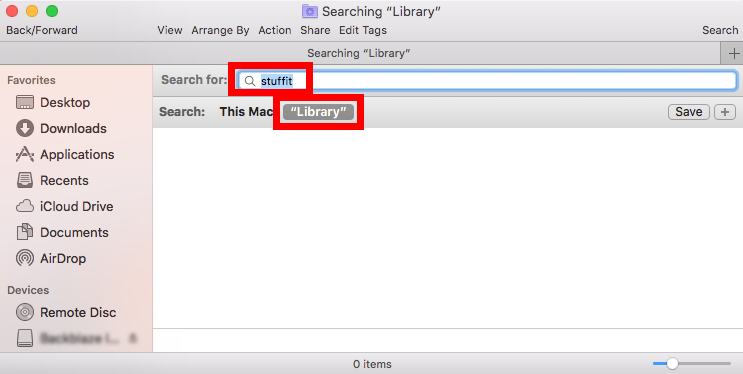
- #ALLUME SYSTEM STUFFIT EXPANDER FOR MAC OS X#
- #ALLUME SYSTEM STUFFIT EXPANDER INSTALL#
- #ALLUME SYSTEM STUFFIT EXPANDER ZIP FILE#
#ALLUME SYSTEM STUFFIT EXPANDER ZIP FILE#
Open a zip file in the software of your choice.
#ALLUME SYSTEM STUFFIT EXPANDER FOR MAC OS X#
#ALLUME SYSTEM STUFFIT EXPANDER INSTALL#
Mac OS X user accounts must have administrator privileges to install this security update. If an earlier version of StuffIt Expander is installed on your computer, you might not be able to install this security update. By the fall of 1987 StuffIt had largely replaced PackIt in the Mac world, with many software sites even going so far as to convert over existing PackIt archives to save more space. (Stuffit Expander on Wikipedia) Expander Enhancer, that comes with DropStuff, allows Stuffit Expander to decode many additional archive kinds. If you are using Mac OS 9.2.2, make sure Allume Systems StuffIt Expander 5.5 or later is installed on your computer.

Compared to existing utilities on the Mac, notably PackIt, StuffIt offered "one step" operation and compression ratios that could not be matched. It combined the fork-combining capabilities of utilities such as MacBinary with newer compression algorithms similar to those used in ZIP. It quickly decompresses StuffItO files, plus unzips Zip files created by WinZip« or any other Zip utility.


StuffIt was originally developed in the summer of 1987 by Raymond Lau, a high school student at Stuyvesant High School in New York City. StuffIt Expander easily expands and decodes all those files you download from the Web or receive in your email. It runs on the classic Mac OS, macOS, and Microsoft Windows. The proprietary compression format used by the StuffIt utilities is also termed StuffIt. StuffIt Expander is a proprietary, freeware, closed source, decompression software utility developed by Allume Systems (a subsidiary of Smith Micro Software formerly known as Aladdin Systems). StuffIt is a family of software utilities for archiving and compressing files on the Apple Macintosh, Microsoft Windows and Linux platforms: it was originally produced for the Macintosh and remains common on that platform.


 0 kommentar(er)
0 kommentar(er)
